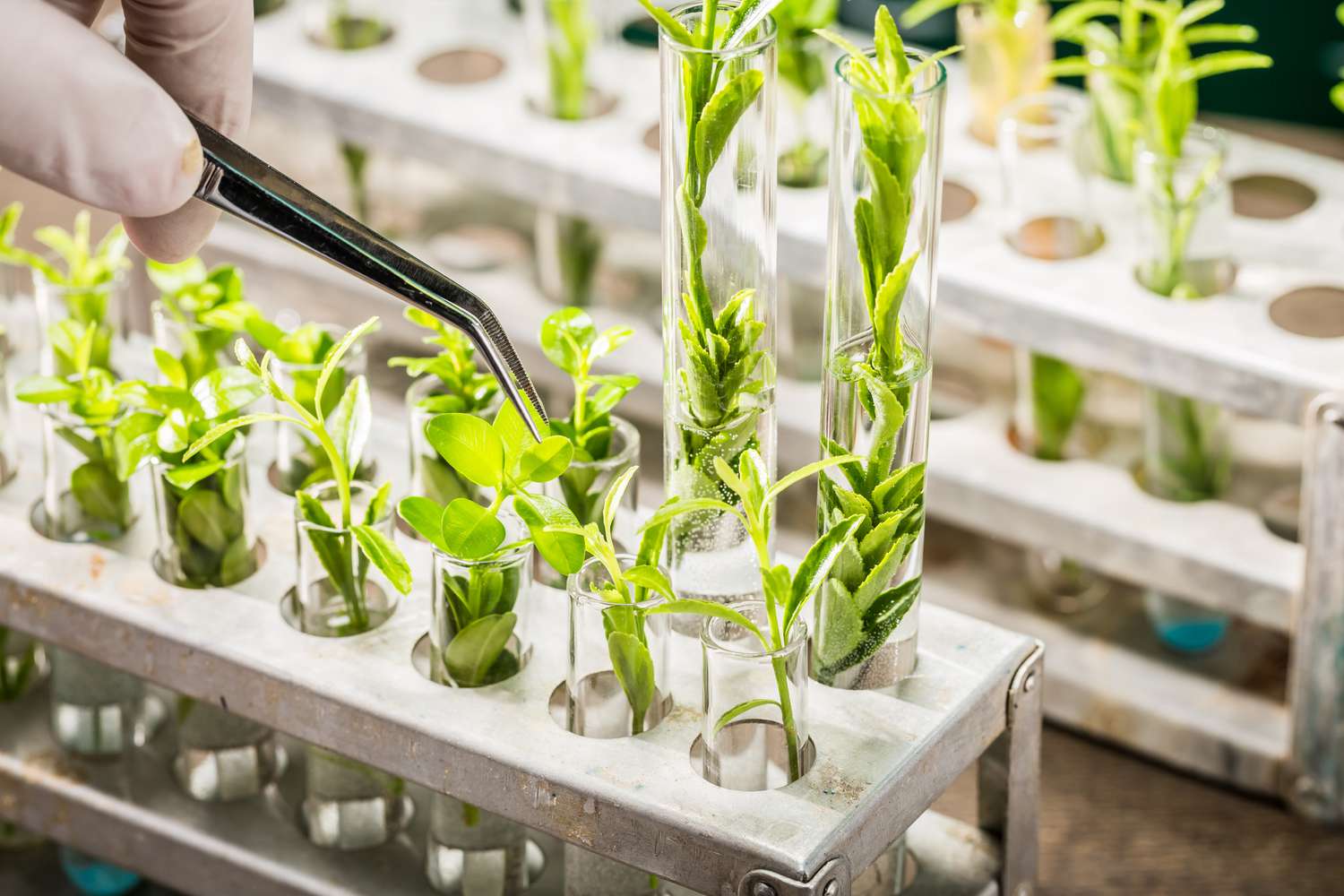Agricultural Biotechnology, Solutions to Climate Change Challenges in Nigeria – NABDA

In a collaborative effort, the Open Forum on Agricultural Biotechnology (OFAB) and the National Biotechnology Development Agency (NABDA) have emphasized the significant contribution of greenhouse gas (GHG) accumulation in the atmosphere to the global challenge of climate change.
The effects of climate change have particularly posed substantial hurdles to agricultural cultivation, especially in countries like Nigeria, where food production struggles to keep pace with a burgeoning population.
A recent statement released on their website revealed that global temperatures are surging at an alarming rate, with Nigeria’s temperatures predicted to increase by 1.5°C to 2.5°C.
These rising temperatures have far-reaching consequences, jeopardizing the development of various sectors within the Nigerian economy.
Climate change and its intricate link with agriculture are key concerns. The ongoing impact of climate change, coupled with population growth and income escalation, exposes Nigeria to the risk of food insecurity.
The underlying triggers of climate change encompass two fundamental factors: natural causes (biogeographical processes) and human activities (anthropogenic).
The biogeographical processes encompass planetary and extraterrestrial factors. Greenhouse gases, which absorb and emit thermal infrared energy, drive the greenhouse effect.
The publication underlines that conventional agricultural practices contribute to climate change through the anthropogenic release of greenhouse gases.
A report from 2010 indicated that agriculture, forestry, and land-use changes combined accounted for 25% of the world’s annual greenhouse gas emissions.
Present agricultural activities significantly contribute to the release of GreenHouse Gases (GHG), exacerbating climate disturbances.
Agricultural biotechnology offers a dependable avenue to mitigate climate change through the utilization of climate-smart crops, energy-efficient farming, reduced synthetic fertilizer use, and carbon sequestration.
The publication emphasizes that fertilizers are a major source of nitrous oxide (N2O), with a global warming potential 300 times greater than CO2. Nitrogen fertilizer is responsible for one-third of GHGs produced by agriculture.
Reduced fertilizer use would not only decrease nitrogen pollution but also have positive implications for the environment.
The adoption of Genetically Modified (GM) Cowpea in Nigeria demonstrates how biotechnology can contribute to climate mitigation by minimizing chemical spray requirements.
GM cowpea substantially reduces the need for chemical spraying to control pests compared to conventional cowpea.
Furthermore, biotechnology offers a means to enhance stress resistance in crops, thus mitigating climate change’s detrimental effects on agriculture.
By focusing on climate-smart crops, Nigerian scientists have discovered that Bt cotton can thrive with minimal water needs, particularly important for arid regions in the country.
Advances in plant breeding have played a pivotal role in achieving higher crop yields while minimizing the strain on land and water resources.
These improvements have led to a 21% increase in productivity for primary crops since 1995, while land usage has only risen by 2%.
It’s evident that the cultivation of GM crops leads to a significant reduction in greenhouse gas emissions.
The inherent efficiencies of genetically modified crops contribute to lower maintenance requirements compared to conventional crops.
As Nigeria continues its journey toward sustainable agriculture in the face of climate change, embracing biotechnology presents an opportunity to fortify food security and environmental resilience for the nation’s future.
